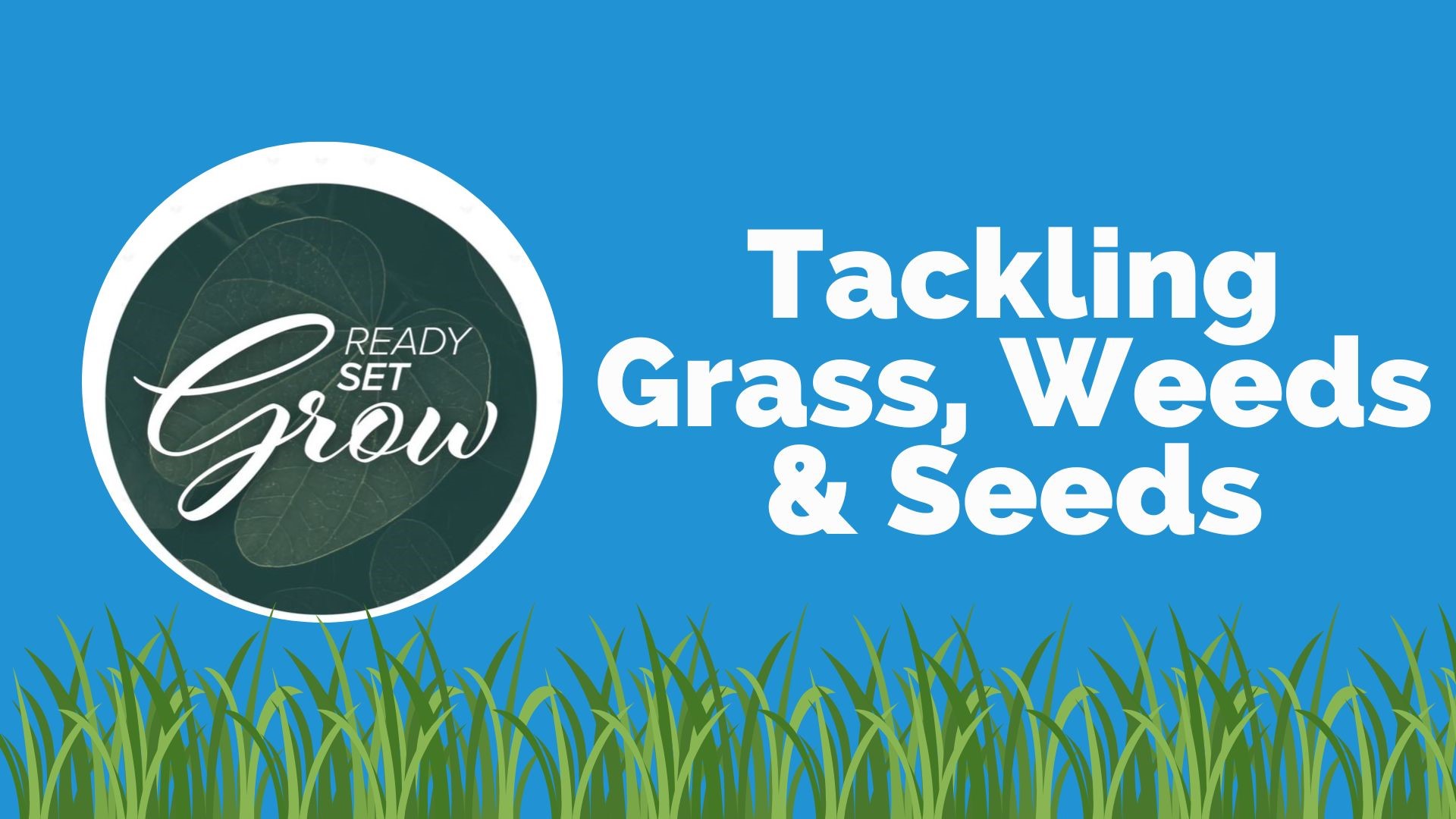SAN ANTONIO — It's spring time and for most folks, that means heading outside to freshen up their gardens and do some planting. But if you have pets, there are some plants you should know about because they could cause your dog or cat to get an upset tummy, or even die if eaten.
More than 700 plants have been identified which produce compounds that can be toxic to pets, with effects ranging from mild stomach upset to death.
“Eating just about any plant could cause vomiting and diarrhea in your pet, but some plants such as Sago Palms and lilies can cause more significant complications including liver and kidney failure, respectively,” says Dr. Leslie Bauer, Medical Director at Emergency Pet Clinic – San Antonio, a Thrive Pet Healthcare partner. “It’s important to be aware of which plants are toxic to pets and keep them out of reach. If you suspect your pet ingested a toxic plant, contact your veterinarian or Pet Poison Helpline immediately. Accurate and timely treatment of known toxicities is critical. If you wait until your pet begins to act ill, organ damage may have already occurred. Early decontamination and treatment can prevent the most life-threatening complications.”
The symptoms of plant poisoning may vary, but common behaviors include vomiting, diarrhea, excessive salivation, difficulty swallowing, lethargy, tremors or convulsions.
According to Pet Poison Helpline’s Toxin Trends, Sago Palm, lilies, marijuana, onions and garlic are among the top 20 reported toxins for pets in Texas, with lilies the No. 1 ranked toxin in cats. Types of lilies include Lilium sp. (Oriental, Stargazer, Easter lilies, etc.) and Hemerocallis sp. (daylilies). Other plants, vegetables and planting materials that could potentially cause toxicity to pets include:
- Amaryllis
- Autumn Crocus
- Azalea/Rhododendron
- Castor Bean
- Chives
- Chrysanthemum
- Cocoa bean mulch
- Compost and other soil amenders
- Cyclamen (root most toxic)
- Eggplant (toxic to cats)
- English Ivy
- Kalanchoe
- Leeks
- Oleander
- Onion
- Pothos
- Rhubarb (leaves)
- Scallions
- Schefflera
- Shallots
- Tomatoes (leaves and immature fruits)
- Tulip/Narcissus bulbs
- Yew
If your dog or cat eats any toxic plants, vegetables or planting materials, or another questionable substance, call your veterinarian or Pet Poison Helpline at (855) 764-7661.
You can help prevent pet poisonings from toxic plants, pet owners by doing the following:
- Research the plants in your home and garden to determine which are toxic to pets.
- Keep toxic plants out of reach of pets. This can be accomplished by hanging plants in baskets or on high shelves, or by dedicating one room in your home to plants and keeping it off-limits to pets. If you’re unable to keep the plant out of reach, consider removing it altogether.
- Supervise pets when they are outside and prevent them from eating plants in your yard.
MORE ON PETS
Learn more about KENS 5:
Since going on the air in 1950, KENS 5 has strived to be the best, most trusted news and entertainment source for generations of San Antonians.
KENS 5 has brought numerous firsts to South Texas television, including being the first local station with a helicopter, the first with its own Doppler radar and the first to air a local morning news program.
Over the years, KENS 5 has worked to transform local news. Our cameras have been the lens bringing history into local viewers' homes. We're proud of our legacy as we serve San Antonians today.
Today, KENS 5 continues to set the standard in local broadcasting and is recognized by its peers for excellence and innovation. The KENS 5 News team focuses on stories that really matter to our community.
You can find KENS 5 in more places than ever before, including KENS5.com, the KENS 5 app, the KENS 5 YouTube channel, KENS 5's Roku and Fire TV apps, and across social media on Facebook, Twitter, Instagram and more!
Want to get in touch with someone at KENS 5? You can send a message using our Contacts page or email one of our team members.

